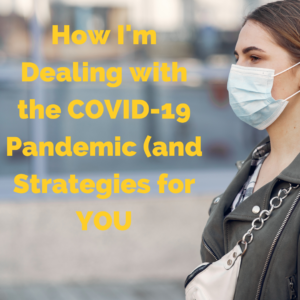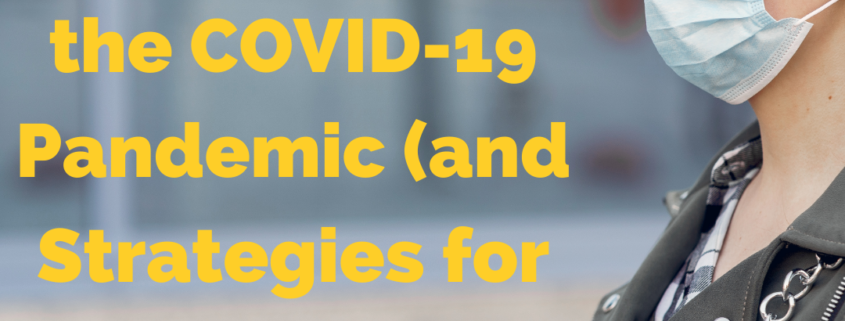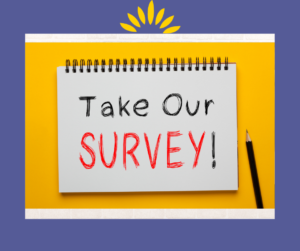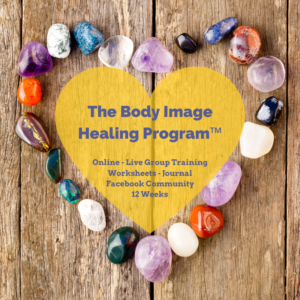How I’m Dealing with COVID-19 (and Strategies for You)
 I pride myself on being open and transparent with my clients and online community. That’s why I’ve decided to share in this week’s blog how I’ve personally been dealing with the COVID-19 pandemic. It’s been tough! The first 5 weeks of the “stay at home” order was really hard for me. But I’m happy to share that I’m feeling much better this week and back to myself.
I pride myself on being open and transparent with my clients and online community. That’s why I’ve decided to share in this week’s blog how I’ve personally been dealing with the COVID-19 pandemic. It’s been tough! The first 5 weeks of the “stay at home” order was really hard for me. But I’m happy to share that I’m feeling much better this week and back to myself.
My 3 biggest stressors were as follows:
1. Worry about the health and safety of my parents: My parents are in Florida and were not able to come home to New York at the beginning of April as was planned. As you can imagine, I didn’t want them to leave their apartment. “Stay put” I told them more than once. They probably got sick of hearing it. But how were they going to get food and groceries was a thought that kept swirling around in my mind. How can I keep them safe and well from so far away?
2. Worry about my husband and kids: At first, my husband still went into the city to go to work. He would travel the Long Island Rail Road every day to and from work. While he said the trains were getting emptier and emptier, it didn’t make me feel any less worried that maybe he’d be exposed to the virus. Thankfully, his firm eventually moved to working virtually, but until they did, I was a bundle of nerves.
My two daughters live at home so I was relieved when their schools decided to go virtual! But my two sons and grandchildren live in New Jersey. I haven’t seen them now in a while and I worry about their health and safety. We do Zoom every now and then and that’s lovely. But it’s not the same as an in-person hug.
3. Worry about my business: I have both an online and offline business and private practice. My online business hasn’t changed much as my clients are used to seeing me virtually. But what about all the clients and patients that would walk through the door of my office here in Long Island. Many of them were comfortable moving to virtual sessions, so no problem there. But there were several patients who either don’t have a computer, weren’t comfortable with the tech or who were just not in the right head space to figure it out.
I know I am not alone in feeling the stress and worry about the health of my family and the future of my business. There are many businesses that unfortunately will not recover. My heart goes out to them, but I believe people are resilient and we will all figure it out!
The Impact of the Stress on My Body and Mind
All this worry impacted me in many ways:
Poor Sleep: I started not sleeping well. It would take a while until I fell asleep, then if I woke up in the night to use the restroom (which I did!), I could not fall back to sleep. My brain was very busy worrying and trying to figure out how to keep my parents and my family safe and healthy.
Less Energy: I found myself dragging and very lethargic. A large part was due to not getting enough sleep. And when I did sleep, it was not a good quality sleep. And, feelings of worry can physically drain the body, and I felt it on many levels.
More Emotional: I cried almost daily. Most of the time, it was when I was alone and not busy which gave me time to think (which wasn’t always so good). And sometimes it was when I was trying to fall asleep and my mind went to my parents and I started praying for them. By the way, it’s okay to cry. I suggest it to my clients all the time. Once you have a good cry, you’ll feel better (I know I do!)
What About Food?
I’ve been making a concerted effort during this time to continue to eat and nourish (and hydrate) my body throughout the day. I have been using the strategies that I teach my clients, so I don’t end up in the peanut butter jar. I’m not “perfect”, and that’s okay because there is no perfection when it comes to food and eating (that’s dieting – a topic for another time).
For many people who have struggled with their relationship with food, this pandemic is not helping. I have been hearing this from clients and others who’ve reached out to me for help. They find themselves eating to soothe the worry, having no structure to meals now that they are home and not working (or not working a full schedule), and late-night snacking is becoming a problem again.
What About You?
I wonder if you’re experiencing the same. Please take a moment and complete this 2-question survey. I am working on creating a free workshop for you so I can offer you more support during this difficult time.
Strategies in Managing the Stress (that I used and that will help you too)
1. Stop watching the news. At the beginning, you couldn’t peel me away from the T.V. But then I realized that watching the death toll climb was causing me more stress and I decided to cut back on the news watching. It helped a great deal!
2. Have a flexible but structured meal schedule. It’s so important to be sure you are eating and not skipping meals. When you are stressed, your hunger signals are blunted and it’s harder to rely on them. Now that my husband is home, we eat all three meals together. It started out feeling weird, after all, I thought that only happens in retirement (and we are far from that!). But it’s actually nice taking time in the morning, mid-day and then after our workday to sit together and chat.
If you live alone, that’s okay. You are your best company. Put on some soft music, set the table with a nice placemat and dishes, and enjoy your meals!
3. Take time to mediate and breath: I have found deep breathing to be one of the best strategies to calm me down. Whenever I feel myself getting worked up, I take a moment and breathe. Within minutes, I am feeling better. There are many meditation apps that you can download to your phone that are also very helpful. The two that I use are Calm and Headspace. Check them out.
4. Seek support and community: There’s no shame in asking for help as you navigate this unprecedented time! Whether it be a confidant, a therapist, your partner or an online support group, it’s important to speak about your feelings. I’m grateful for my husband, good friends and my colleagues who support me while I support them at the same time.
Reach Out
Please know that I am here for you if you want to talk. I am offering virtual mini weekly sessions and a space for you to vent, work through a challenge and navigate the changes in your relationship with food that have surfaced during the pandemic.
Just email me at Bonnie@DietFreeRadiantMe.com to learn more.
Reminder: Please Take the Survey
Click here to answer 2 questions about your Food Challenges During COVID-19.
Thank you!









